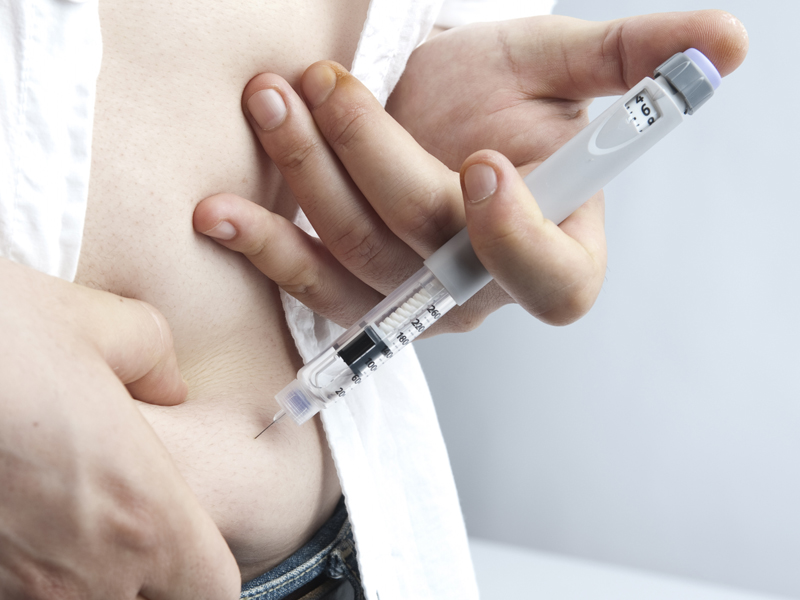A Victorian trial using trained practice nurses has shown promising results for patients with type 2 diabetes
A new model that puts practice nurses at the centre of insulin initiation improves HbA1c levels in patients with type 2 diabetes, a study shows.
Despite more than a million Australians having a type 2 diabetes diagnosis, there were still major barriers to insulin initiation in primary care, the authors wrote in the BMJ.
Some GPs lacked the time and confidence to start patients on insulin, while others perceived insulin as the last resort, Professor Greg Johnson, the CEO at Diabetes Australia, said.
But handing the role of insulin initiation to trained practice nurses, with mentoring from credentialled diabetes educators and oversight from GPs, might overcome these obstacles.
In a randomised control trial involving 74 practices in Victoria, the new model produced major benefits for patients with type 2 diabetes.
Patients were more than twice as likely to reach target HbA1c within a year if they had received support from up-skilled practice nurses. The majority of patients in the intervention arm of the study (70%) had started insulin within 12 months, compared with just 22% in the control arm.
These results were statistically and clinically significant, and carried important implications for health policy, the authors wrote.
“We do have a big problem in Australia, which is that in the primary-care setting there is not enough capacity and training to make sure that people with type 2 diabetes actually get started on insulin therapy early and at the right time,” Professor Johnson said.
“This study shows an innovative way of … making it happen with very good results.”
Associate Professor Mark Kennedy said the study was reassuring because it demonstrated that appropriately trained nurses could assist in insulin initiation in remote and regional areas.
“There are many parts of Australia where people with diabetes do not have ready access for geographical or financial reasons to credentialled diabetes educators,” Professor Kennedy, the chair of Primary Care Diabetes Society of Australia, said.
“This does provide and alternative model, particularly for those areas.”
However, it would always be preferable to use credentialled diabetes educators where they were available because their training was much more substantial, he added.
The model was unlikely to be adopted without specific Medicare rebates, Professor Kennedy said.
Medicare currently funds a maximum of five sessions per year for the initial and ongoing education required for insulin therapy.
While some people were very quick to accept and manage insulin treatment, others struggled with the practicalities of injecting themselves, Professor Kennedy said.
And if insulin were injected with the incorrect technique, dosing could be very inconsistent and cause significant problems in terms of glucose variability, he said.


